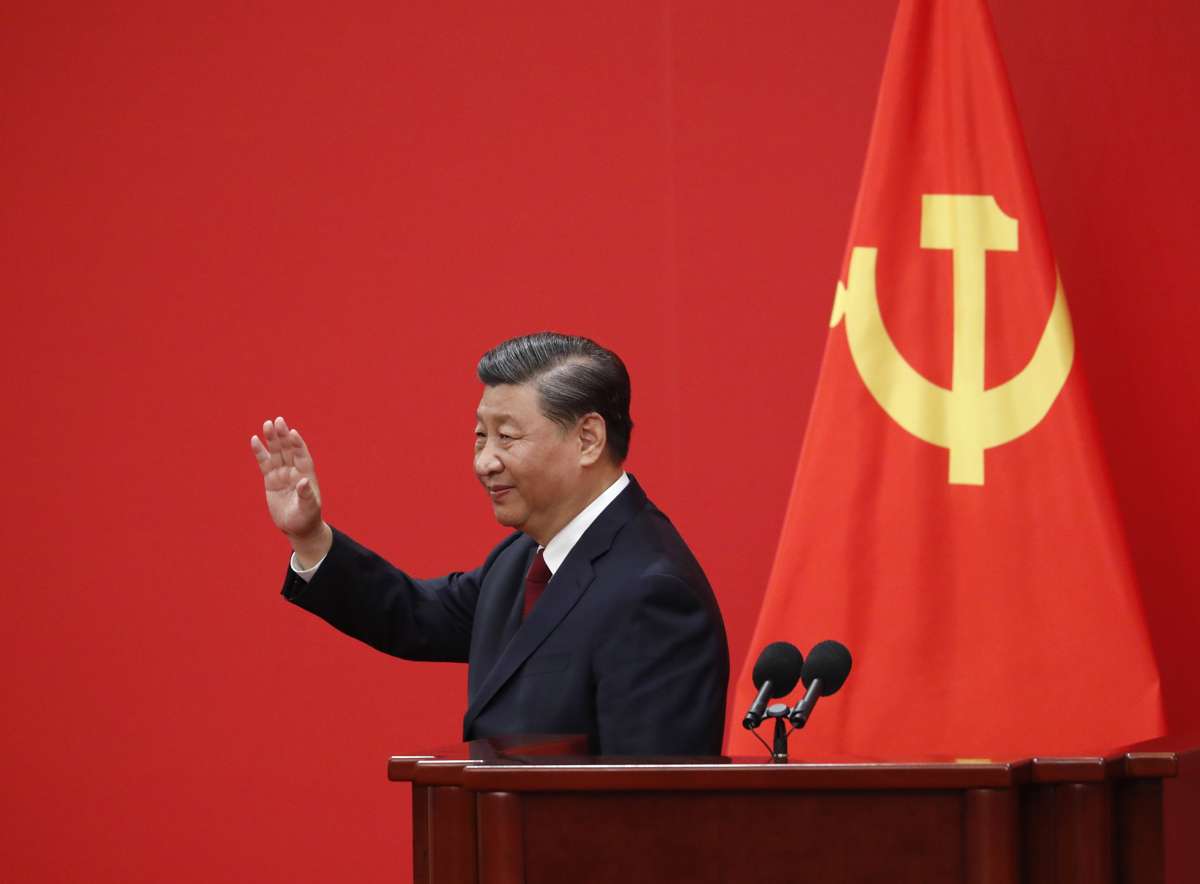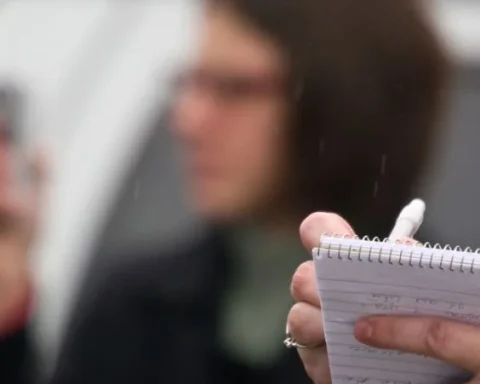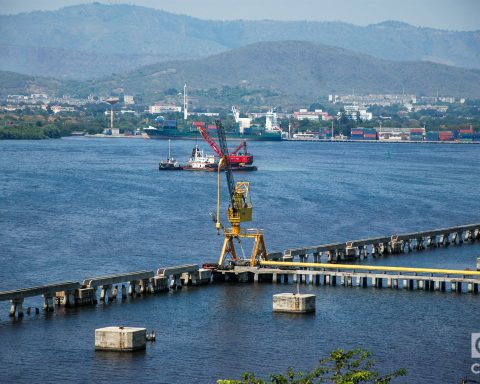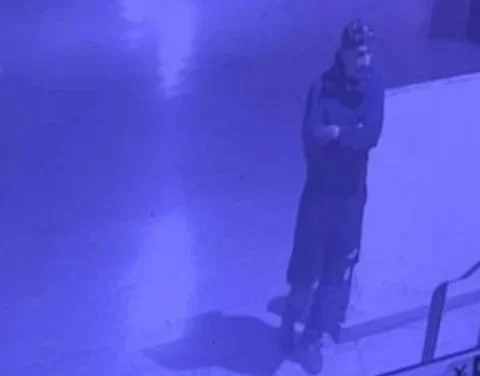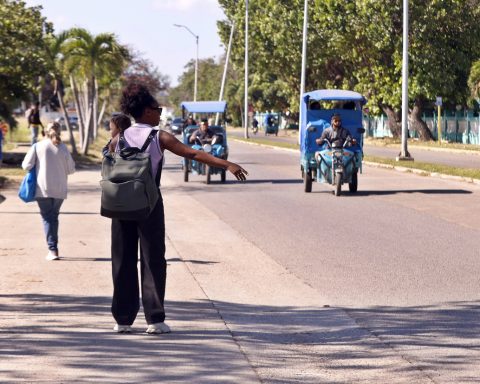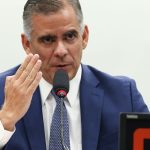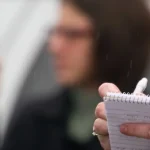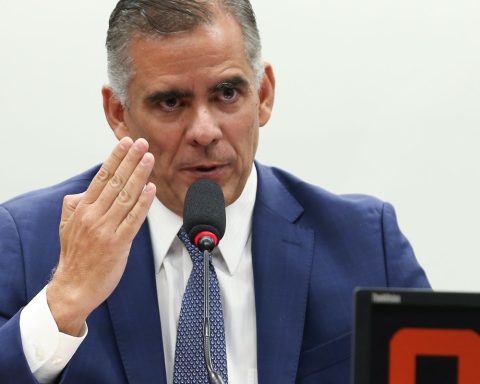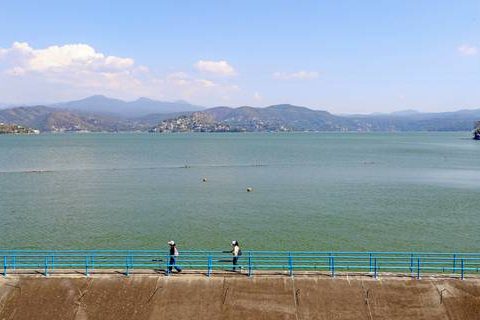Chinese President Xi Jinping secured a historic third term as head of the Chinese Communist Party on Sunday. China (CCP), which, in the opinion of analysts, strengthens his position as the most influential leader in the country since the founder Mao Zedong.
Xi was re-elected as general secretary of the ruling Communist Party, state news agency Xinhua reported. This tilts the country back to a one-person government after decades of shared power among the elite, point international media.
According to a resolution adopted unanimously shortly before the end of the 20th CCP, the nearly 97 million party members must “uphold the central role of Comrade Xi Jinping within the Party Central Committee and the Party as a whole.” ”.
“I want to sincerely thank the entire party for the trust they have placed in us,” he told reporters at the Great Hall of the People in Beijing after the announcement of the closed-door vote, an AFP dispatch reports.
The Chinese leader, who was reappointed as the head of the Asian nation’s Central Military Commission, also vowed to “work diligently in fulfilling our duties and prove the worth of great trust in our party and our people.”
With his appointment, the 69-year-old leader is virtually assured of his appointment as China’s president for a third term, which will be formally announced during the annual legislative sessions in March, the French agency notes.
His appointment ended the 20th CPC Congress, held in Beijing over the last week, which elected a new Central Committee of some 200 members. These, in turn, elected Xi and the other members of the Standing Committee, the pinnacle of Chinese political power.
The Central Committee also elected the members of the Political Bureau, which this time will have 24 members, according to the list released this Sunday, and in which, for the first time in 25 years, there will be no women.
Xi Jinping enters third term as China’s most powerful leader in decades and surrounded by loyalistshttps://t.co/uyPBn3MWM6
— CNN in Spanish (@CNNEE) October 23, 2022
Western media outlets highlight the “profound rearrangement in power” brought about by the conclave, with the resignation of several former Xi rivals and the election of the president’s political allies to key positions in the party structure.
Among them is former Shanghai party leader Li Qing, considered close to Xi, who has risen to the No. 2 spot on the Standing Committee and could be appointed prime minister in the March legislative sessions.
“After more than 40 years of tireless reform and opening-up efforts, we have created two miracles: rapid economic development and long-term social stability,” Xi said after his election.
“China cannot develop without the world and the world also needs China,” he insisted, quoted by the AFPa medium that assures that the president faces great challenges in the next five years, including the management of the economy and the growing rivalry with the United States.
The Congress was held at a delicate moment for the Asian giant, faced with an economic slowdown due to repeated anticovid confinements and diplomatic tensions with the West, the agency notes.
One of the most significant moments of the conclave was the abrupt departure of former president Hu Jintao (2003-2013) from the Great Hall of the People, escorted by other people and visibly against his will, in what is speculated to be part of an internal purge. . A few hours later, the official Xinhua news agency reported that Hu had left due to physical discomfort.
(With information from agencies)
